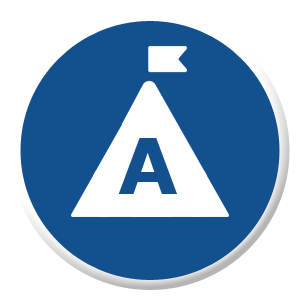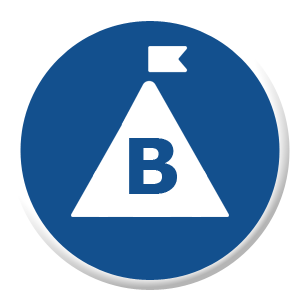Het arrangement Theme Employment - tto123 is gemaakt met Wikiwijs van Kennisnet. Wikiwijs is hét onderwijsplatform waar je leermiddelen zoekt, maakt en deelt.
- Auteur
- Laatst gewijzigd
- 11-05-2025 09:41:36
- Licentie
-
Dit lesmateriaal is gepubliceerd onder de Creative Commons Naamsvermelding 4.0 Internationale licentie. Dit houdt in dat je onder de voorwaarde van naamsvermelding vrij bent om:
- het werk te delen - te kopiëren, te verspreiden en door te geven via elk medium of bestandsformaat
- het werk te bewerken - te remixen, te veranderen en afgeleide werken te maken
- voor alle doeleinden, inclusief commerciële doeleinden.
Meer informatie over de CC Naamsvermelding 4.0 Internationale licentie.
Aanvullende informatie over dit lesmateriaal
Van dit lesmateriaal is de volgende aanvullende informatie beschikbaar:
- Toelichting
- Dit thema valt onder de arrangeerbare leerlijn van de Stercollectie voor Engels voor tweetalig onderwijs, leerjaar 1, 2 en 3. Dit is thema 5 'Employment'. Het thema omvat de volgende onderwerpen: Looking for a job, Having a job en Getting a job. In de grammaticaopdrachten staan de 'modal verbs' centraal.
- Leerniveau
- VWO 2; HAVO 1; VWO 1; HAVO 3; VWO 3; HAVO 2;
- Leerinhoud en doelen
- Engels;
- Eindgebruiker
- leerling/student
- Moeilijkheidsgraad
- gemiddeld
- Studiebelasting
- 8 uur 0 minuten
- Trefwoorden
- arrangeerbaar, employment, engels, getting a job, having a job, looking for a job, modal verbs, stercollectie, tto123
Gebruikte Wikiwijs Arrangementen
VO-content Engels. (2020).
Thema Employment - hv3

 Welcome to the next theme of English
Welcome to the next theme of English
 In this theme you will focus on the following 'can do' statements.
In this theme you will focus on the following 'can do' statements. At the end of this theme:
At the end of this theme: Below are the three lessons that belong to this topic.
Below are the three lessons that belong to this topic.




 The London Times reports that a Spanish tax inspector boarded a Mediterranean cruise ship incognito. He sought to check whether the returns made by the cruise company, in respect of food and drinks consumed, tallied with reality. He put on his brightest holiday clothes and went aboard. Two things followed quickly. First, his disguise was found to be inadequate; he was discovered immediately.
The London Times reports that a Spanish tax inspector boarded a Mediterranean cruise ship incognito. He sought to check whether the returns made by the cruise company, in respect of food and drinks consumed, tallied with reality. He put on his brightest holiday clothes and went aboard. Two things followed quickly. First, his disguise was found to be inadequate; he was discovered immediately.



